The Machinery of Honor. SciFi Art.
A look at the military science fiction aesthetic where duty meets despair, and humanity’s order is tested against the endless machinery of interstellar war.
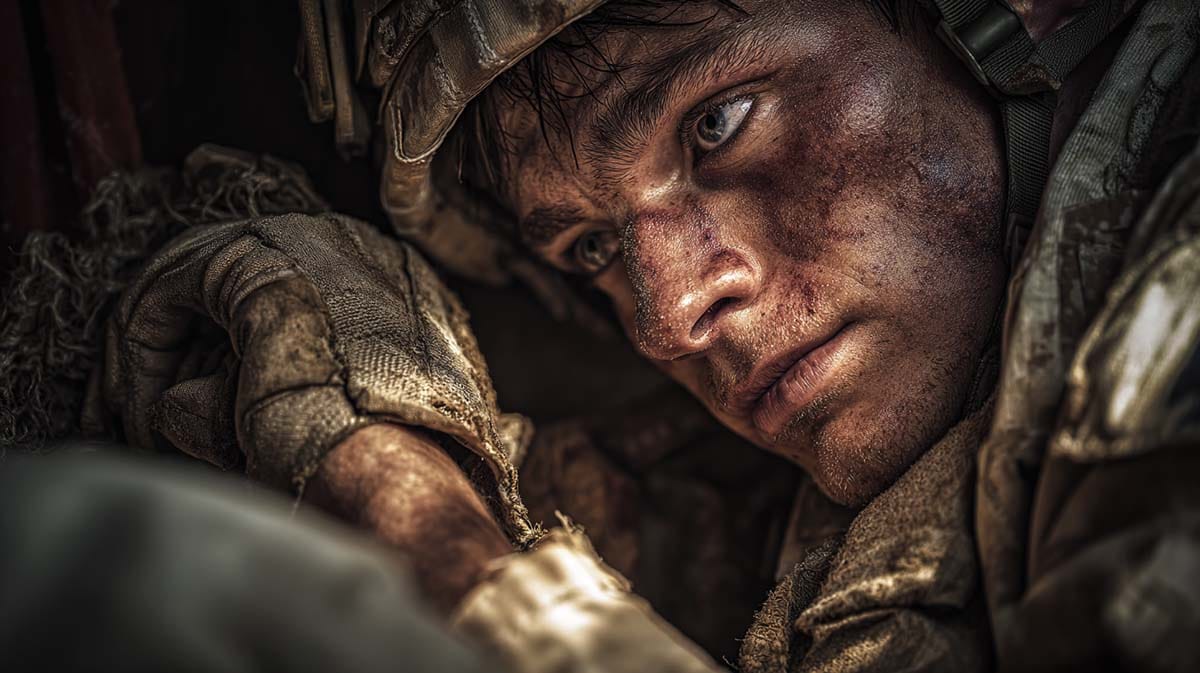
The Military Science Fiction Aesthetic
Military science fiction imagines a future where the soldier's discipline collides with the vast machinery of space. It is a genre of structure and sorrow, where order survives only by force of will.
The aesthetic is forged in metal and ritual, a vision of humanity that cannot stop fighting even when the stars themselves grow cold.
Order in the Void
Uniforms matter in this world. They speak of belonging, of rank, of duty. Creases are sharp, boots are polished, and insignia gleam against the dull hull of a ship. Each detail reminds the viewer that even in the farthest reaches of the galaxy, hierarchy still governs human life.
The same principle applies to ships and weapons. Every starfighter, battlecruiser, and orbital cannon is designed for function rather than beauty. The equipment looks heavy, like something that must be maintained and endured. Even advanced technology feels industrial, made to survive long campaigns rather than dazzle.
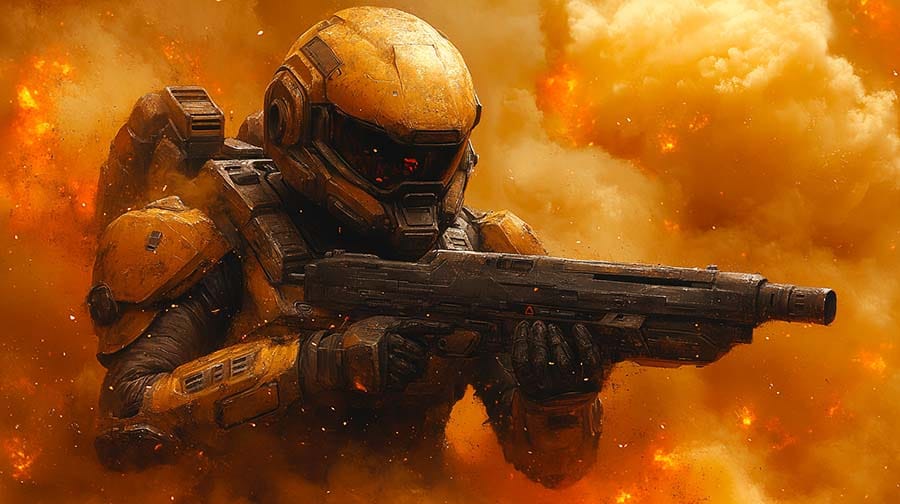
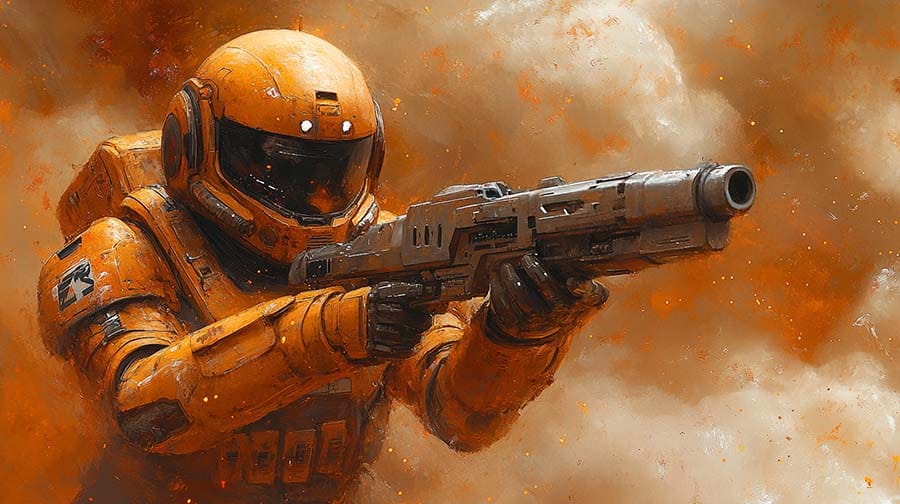
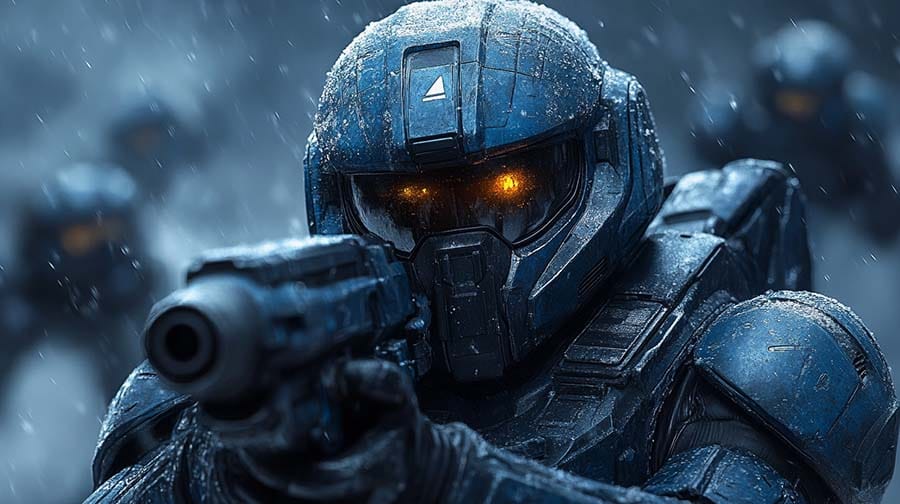
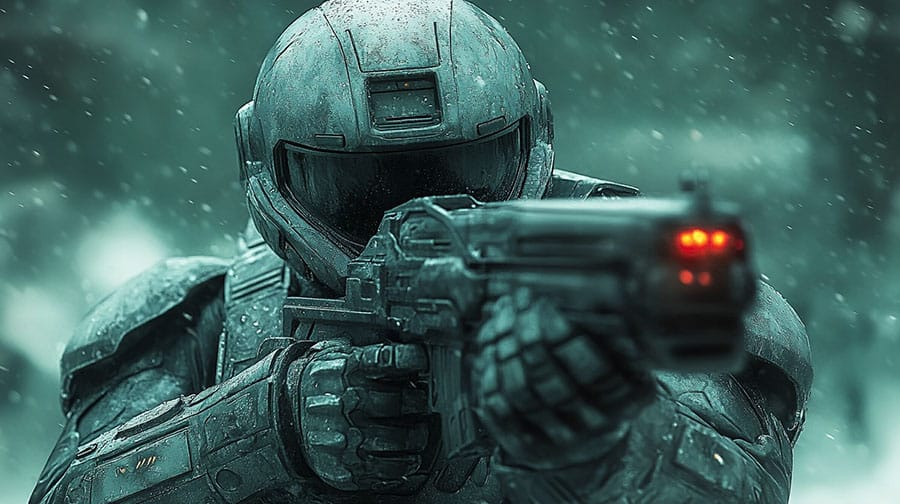
Often in military science fiction, exoskeletons and armor are part of the uniform and the vibe.

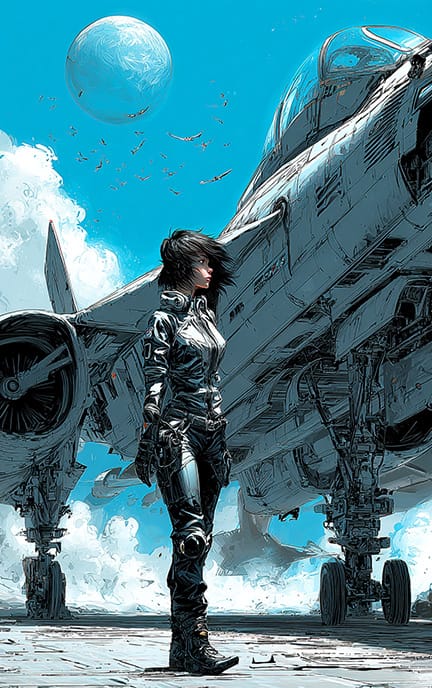
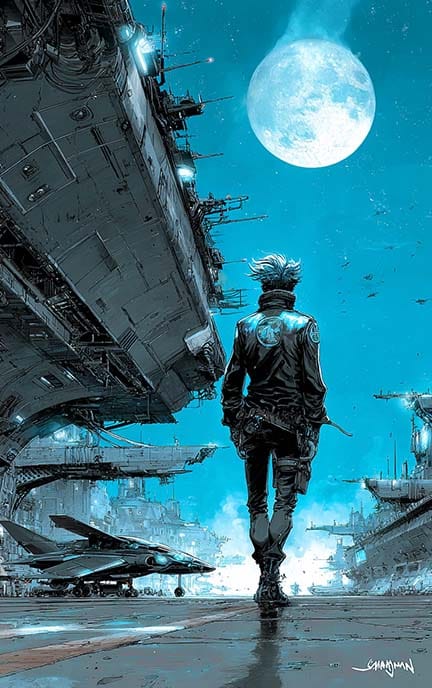
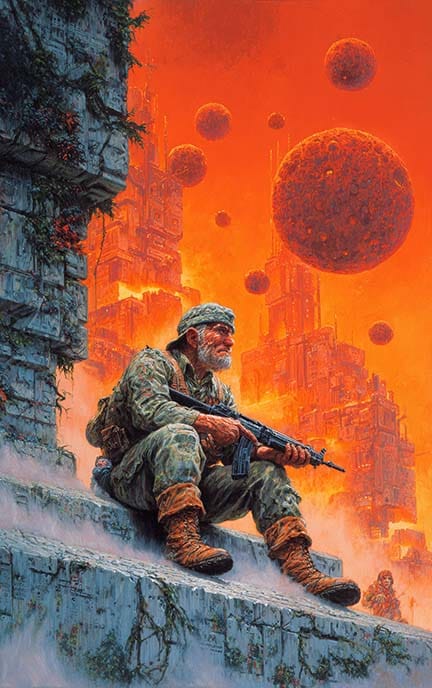
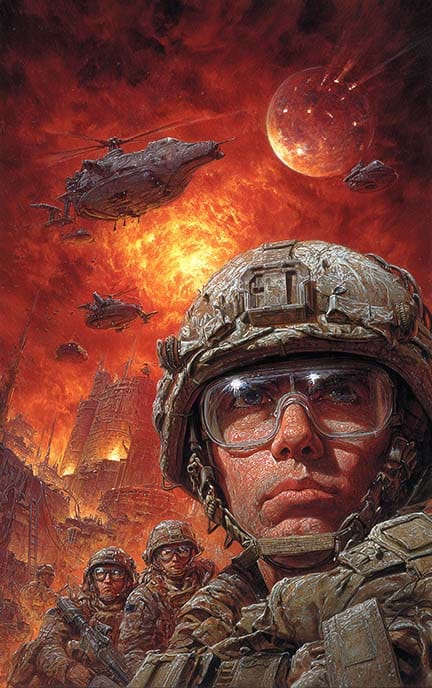
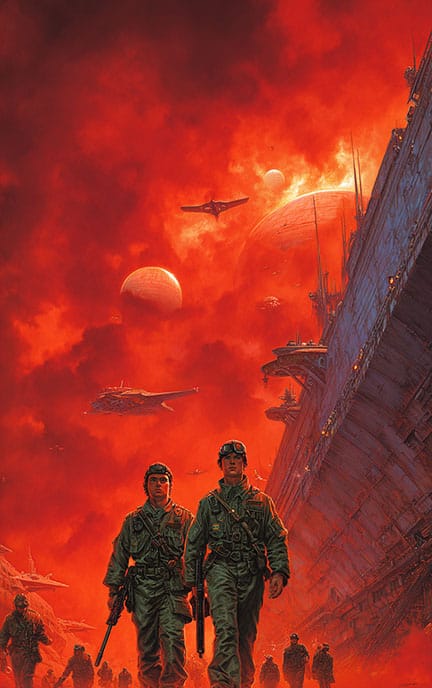
Often in military sci-fi the uniforms tell part of the story.
The Weight of Machinery
Military science fiction is built on the language of hardware. Its starships are floating fortresses. Its mechs and drones are extensions of human will. They are designed to emphasize endurance, not elegance. Metallic grays, muted greens, and the glow of warning lights define the palette.
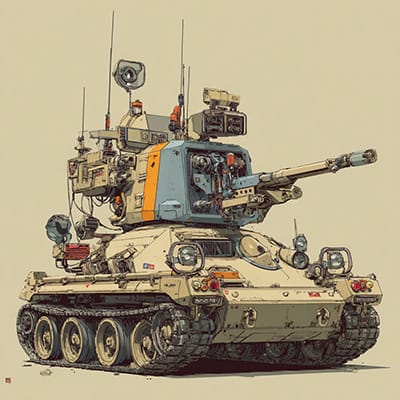

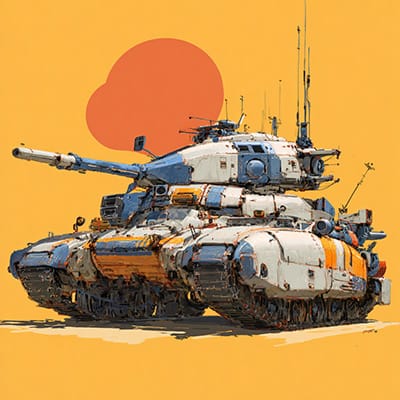
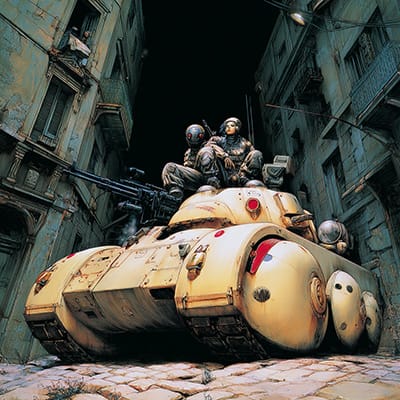

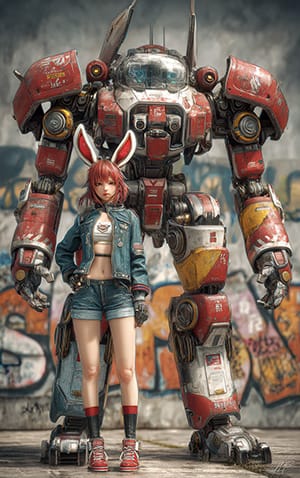
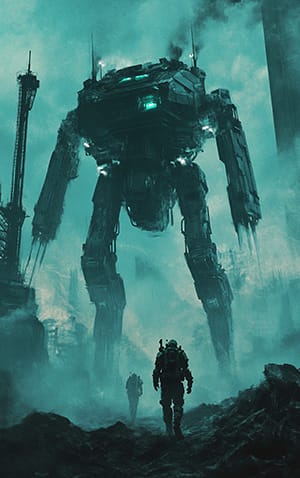
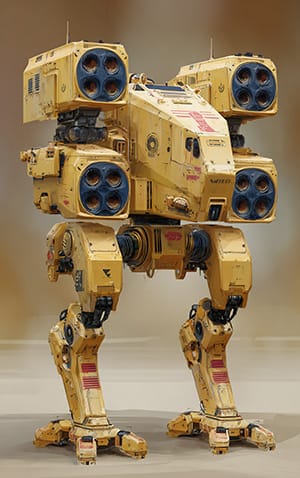
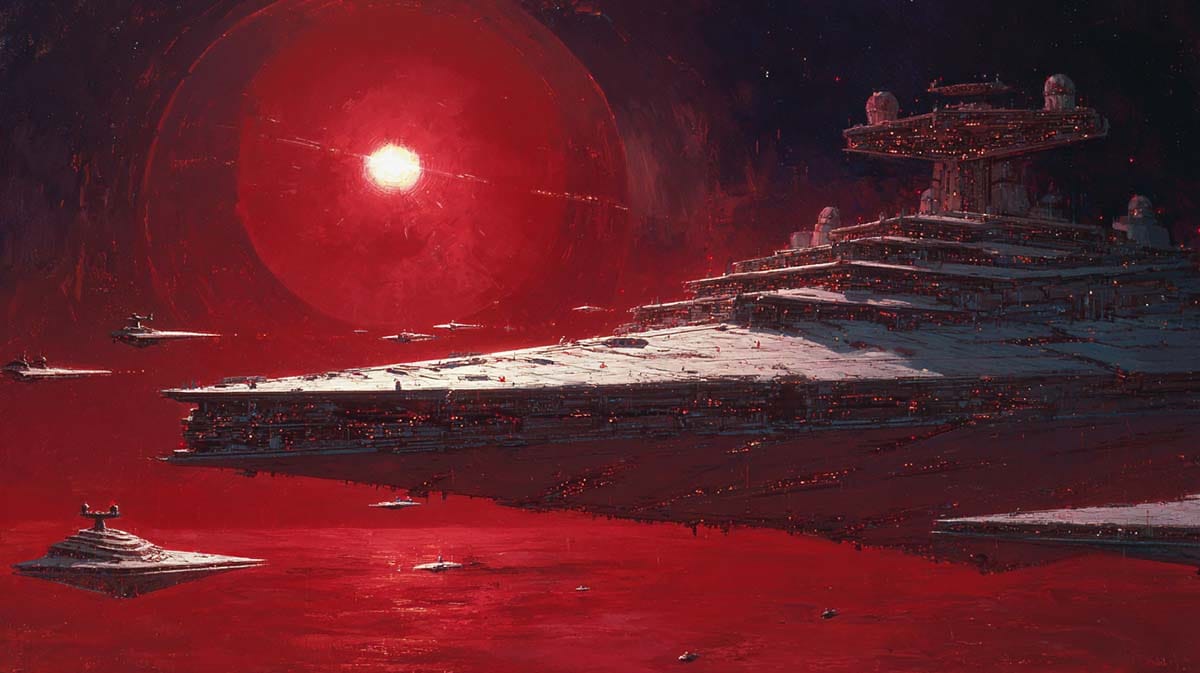
The aesthetic applies to tanks, mechs, and ships.
Inside these machines, humans are small. They exist within systems larger than themselves, often powerless to change their course. The engines roar, the command decks hum, and the corridors echo with the repetition of daily drills. The universe is immense, yet every soldier feels confined by the narrow duties of survival.
Duty and Disillusion
Beneath the surface, military science fiction is less about war than the psychology of obedience. Its stories often turn on the friction between conscience and command. Soldiers follow orders that test their morality. Officers make sacrifices they do not fully believe in. The machinery of war exposes the limits of heroism.
Writers from Heinlein to Haldeman have returned to the same question. Can honor exist in a mechanized conflict that stretches across light-years? Their answers differ, but the tension remains central. Every battle becomes a moral test as much as a tactical one.
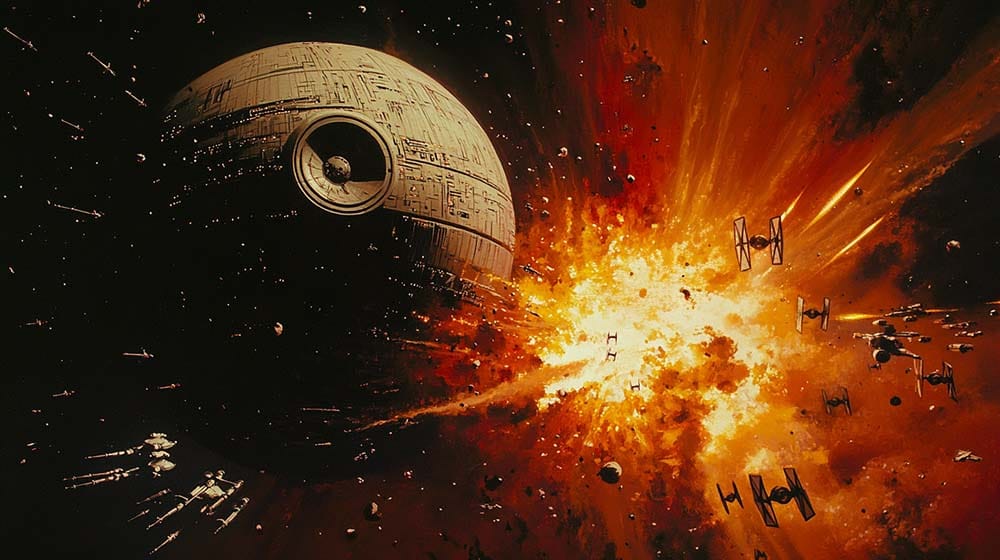
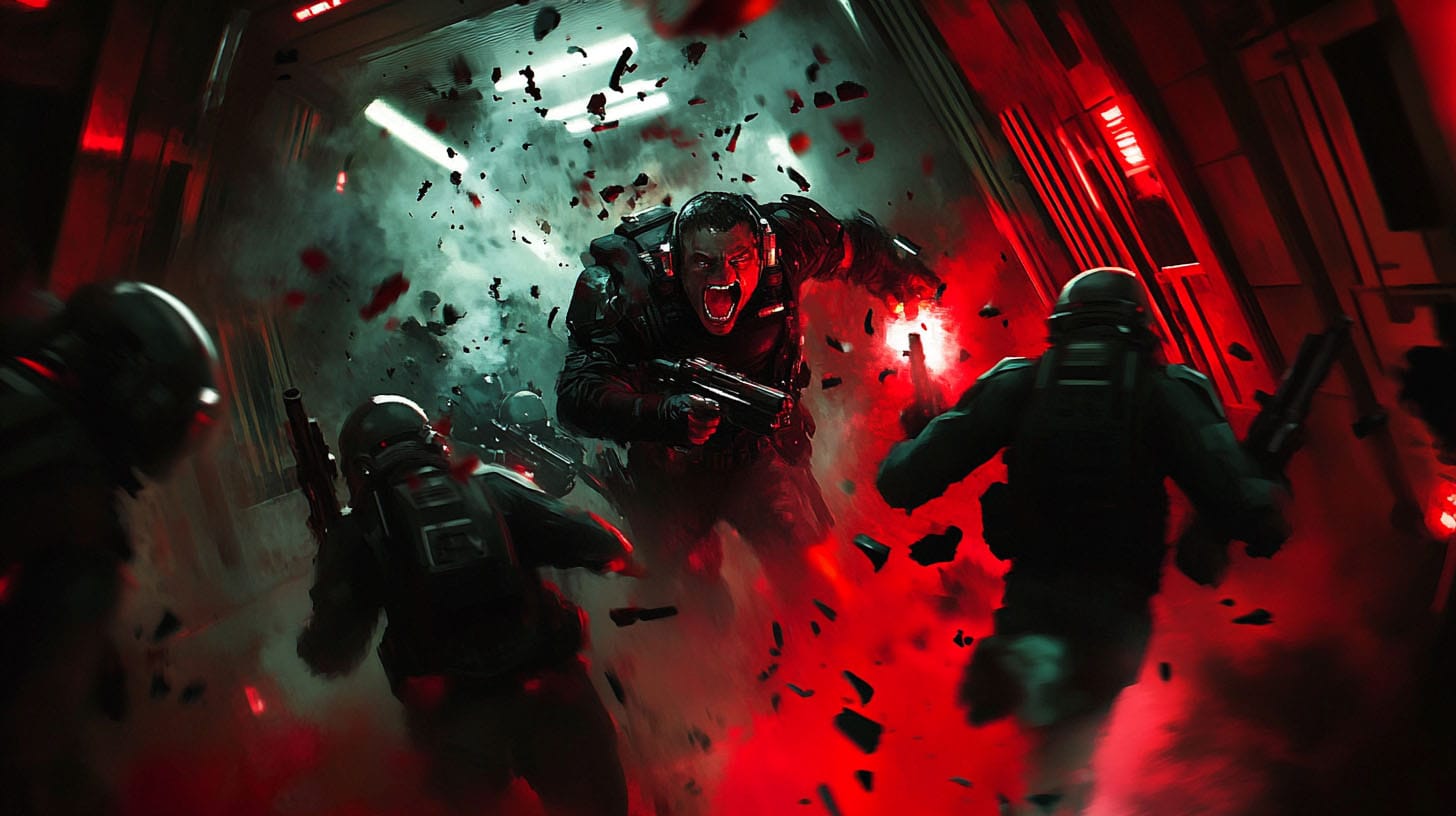
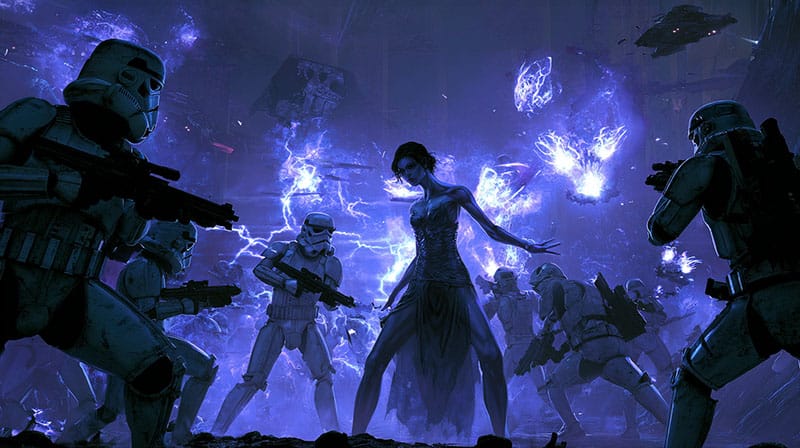
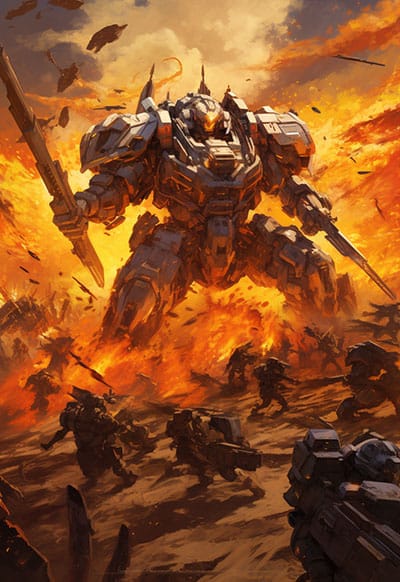
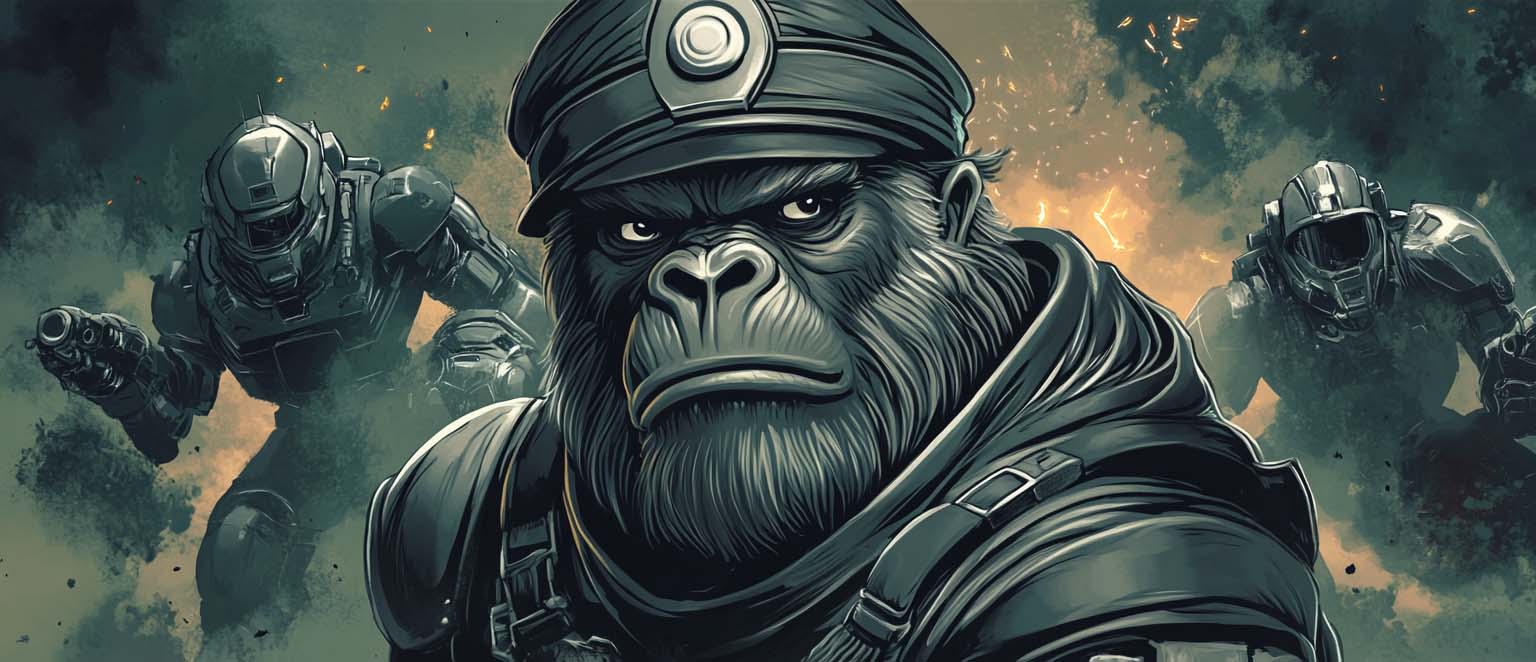

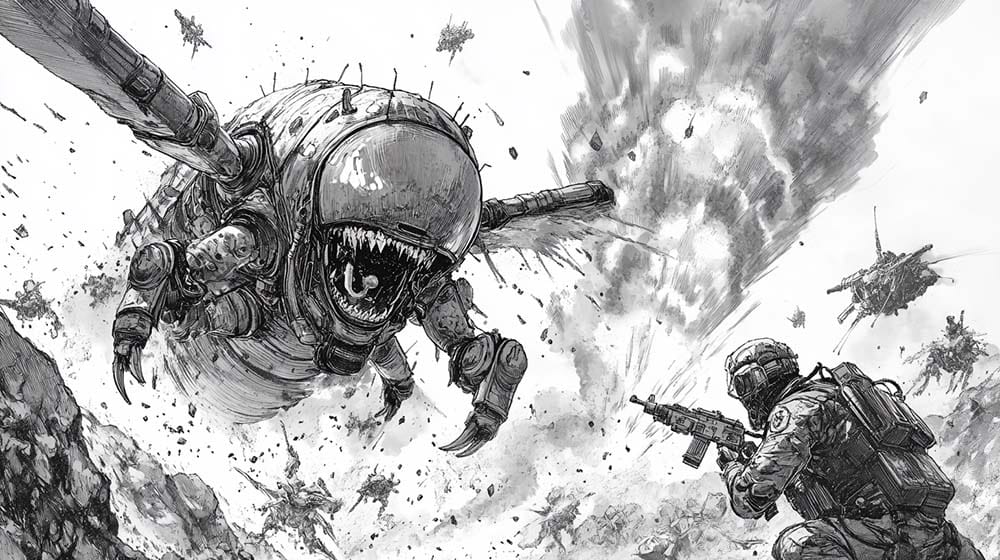
The many faces of battle in military science fiction.
Human Fragility
For all its fascination with structure, the aesthetic is haunted by vulnerability. Faces are lit by flickering consoles and scarred by loss. The discipline of the military becomes a shield against fear. The uniform hides the exhaustion of endless campaigns fought far from home.
Even alien wars echo familiar emotions. Brotherhood, sacrifice, and grief repeat themselves across species and centuries. The battles may be fought with plasma rifles or orbital bombardments, yet they carry the same ache as the trenches of the past.
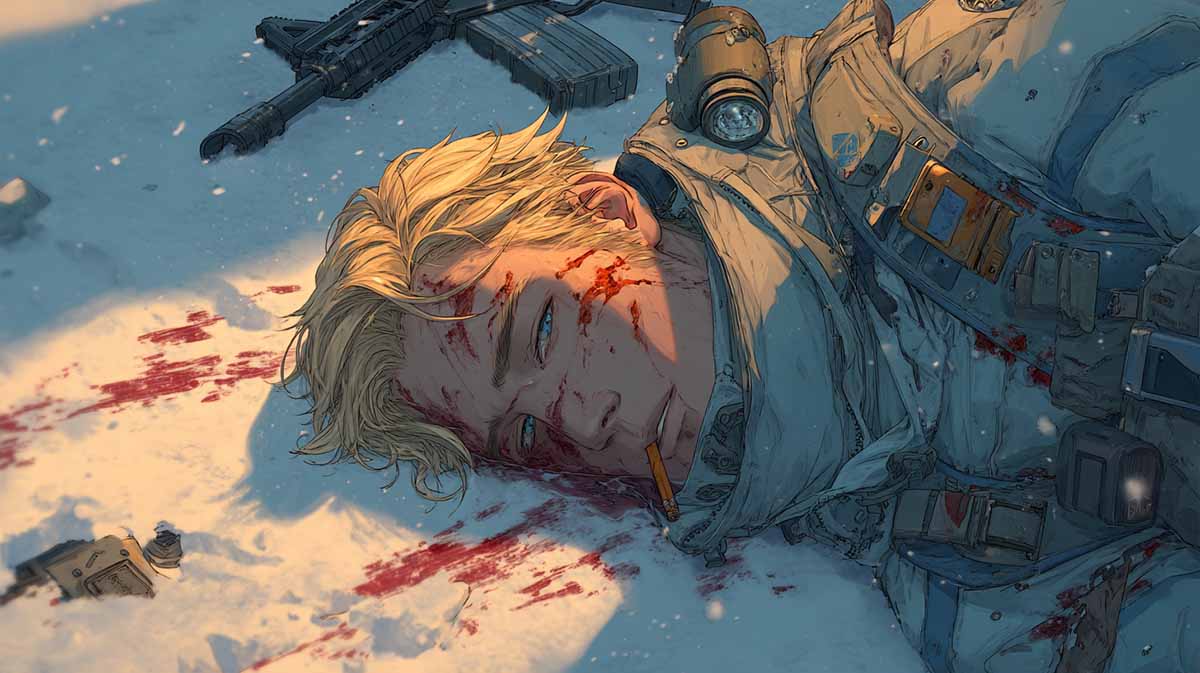
Echoes of Earth
The best military science fiction feels grounded in real history. It borrows from naval tradition, air combat, and infantry tactics. Fleets behave like armies. Command structures mirror twentieth-century hierarchies. The future becomes an extrapolation of human habit rather than a clean break from it.
That realism is part of its power. Readers recognize the rhythm of military life—the waiting, the repetition, the sudden violence. It reminds them that technology may evolve, but the human condition does not. The stars change nothing about the cost of war.
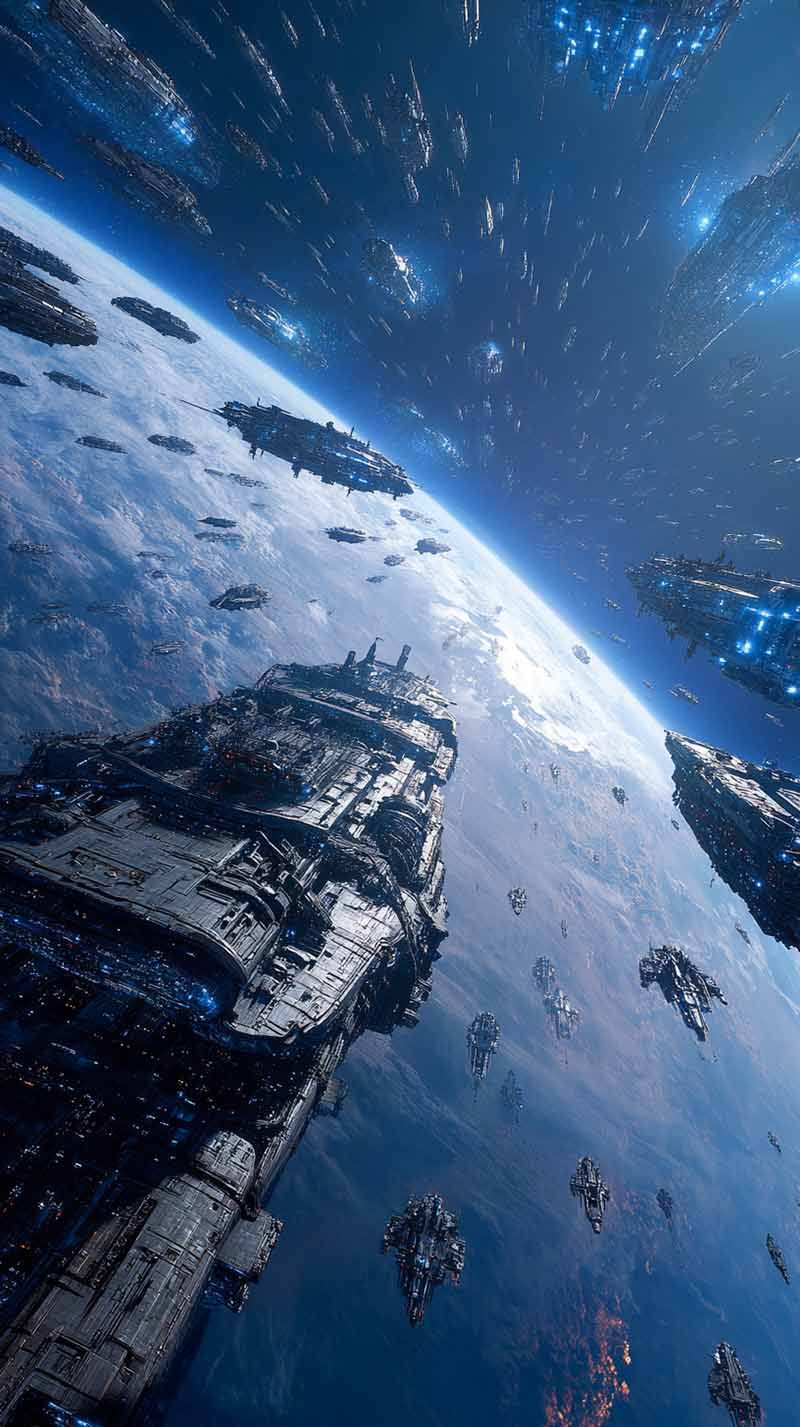
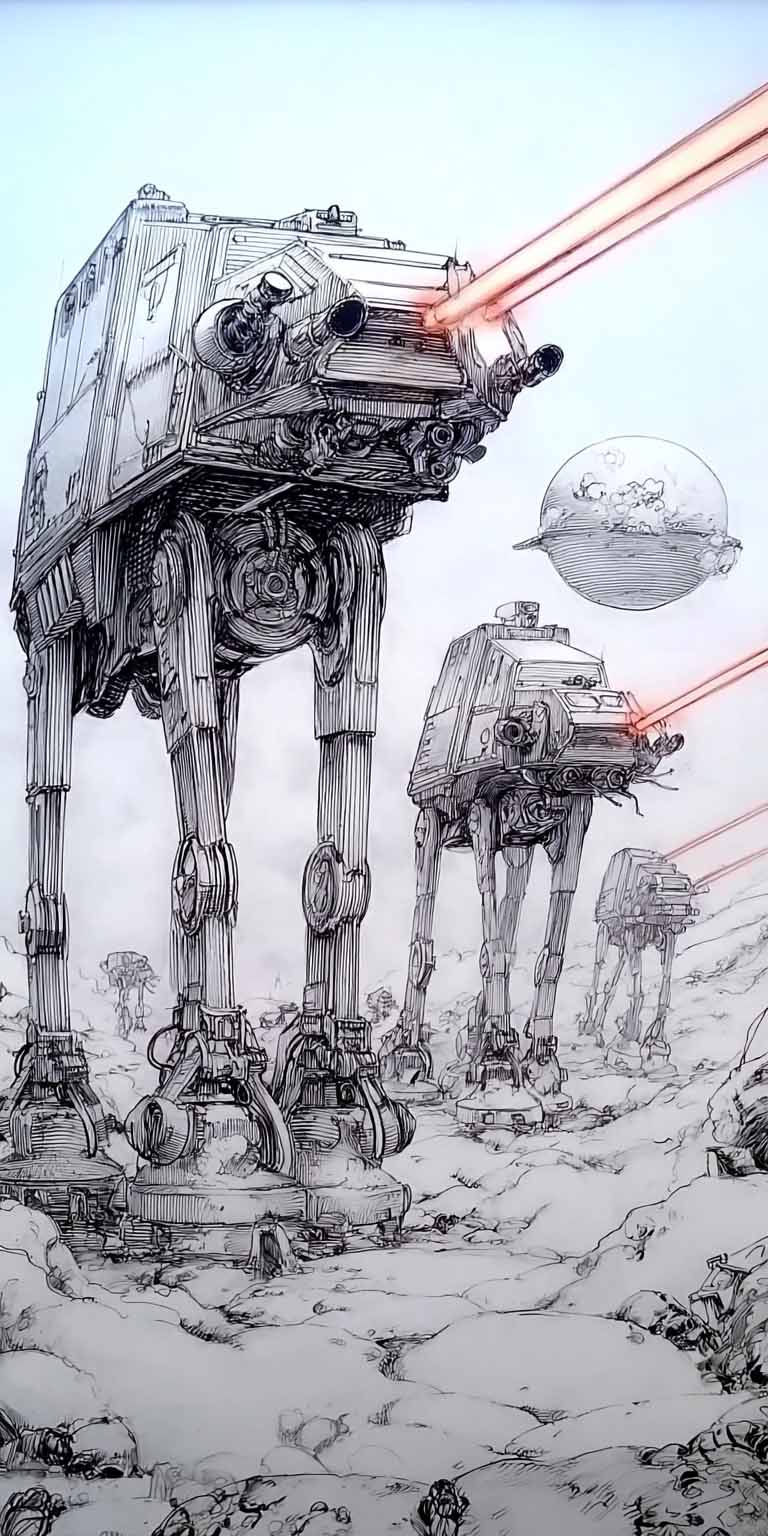
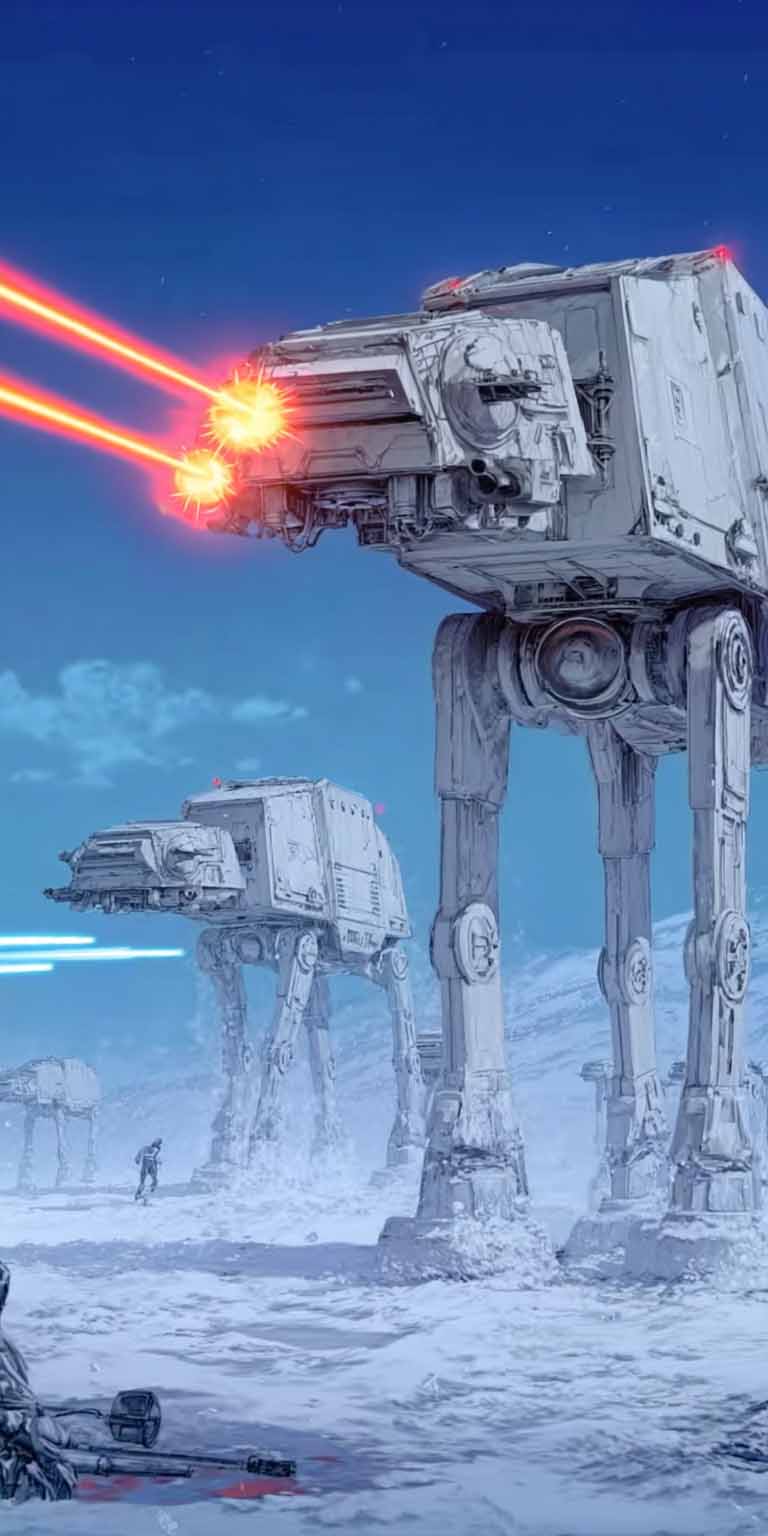
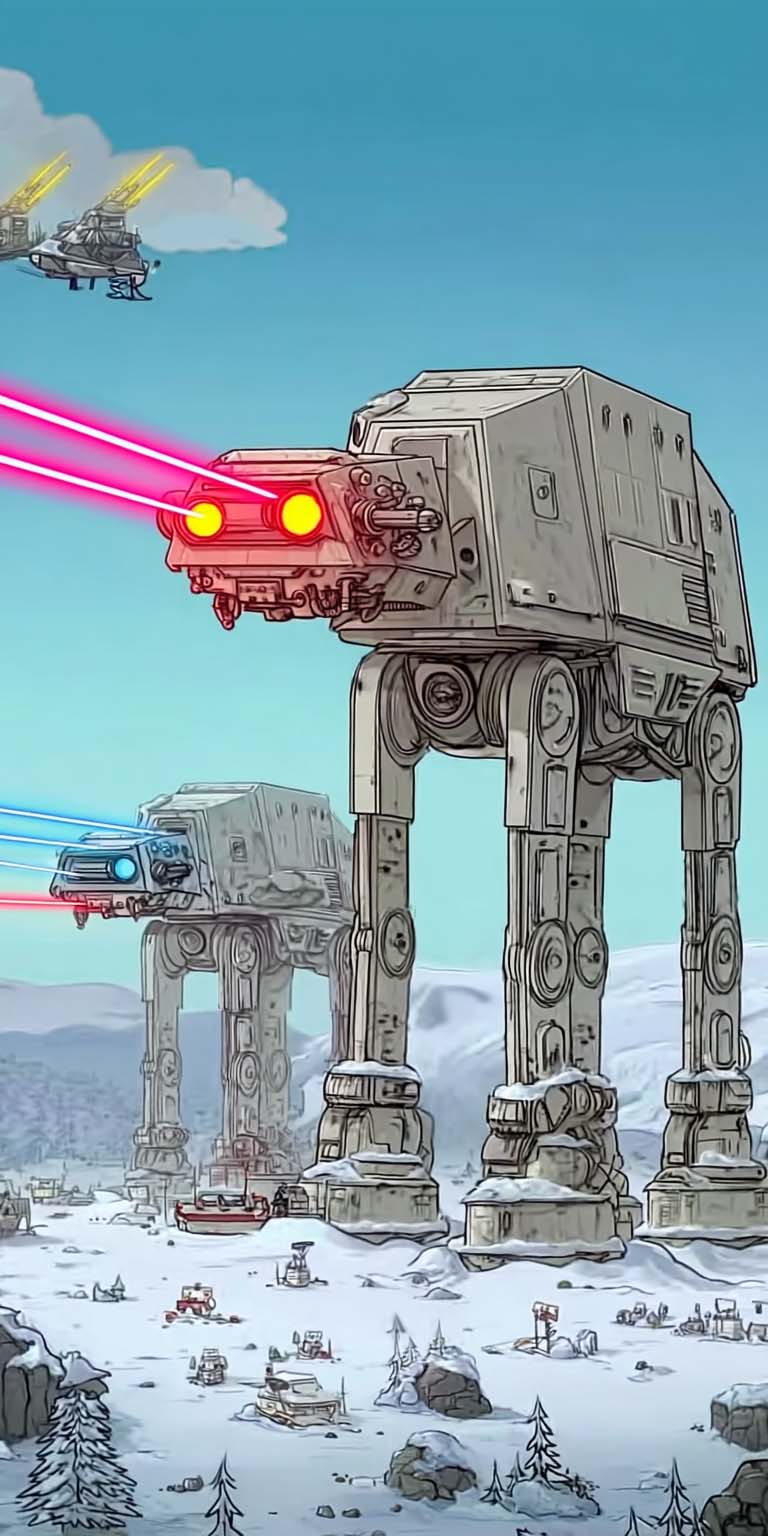
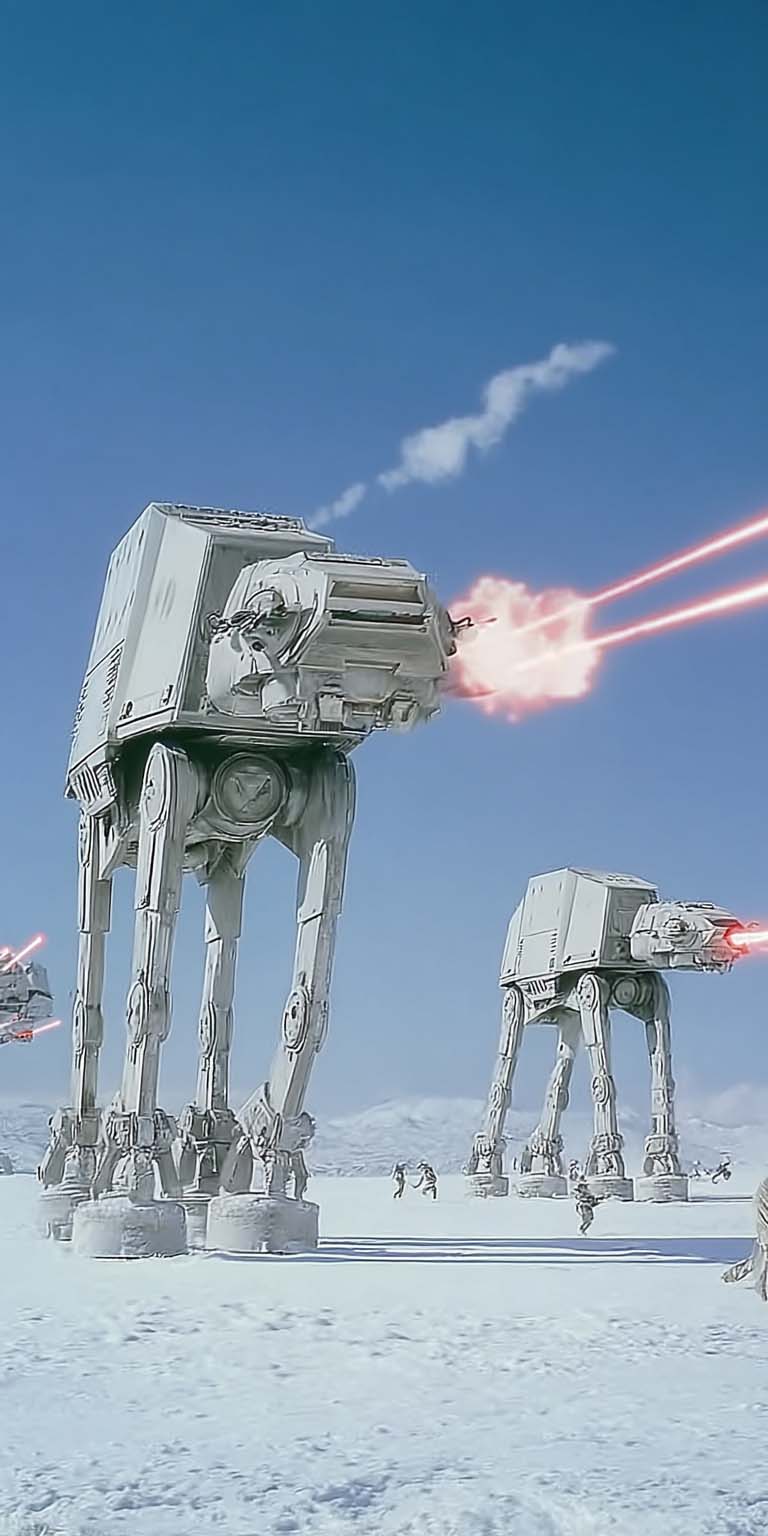
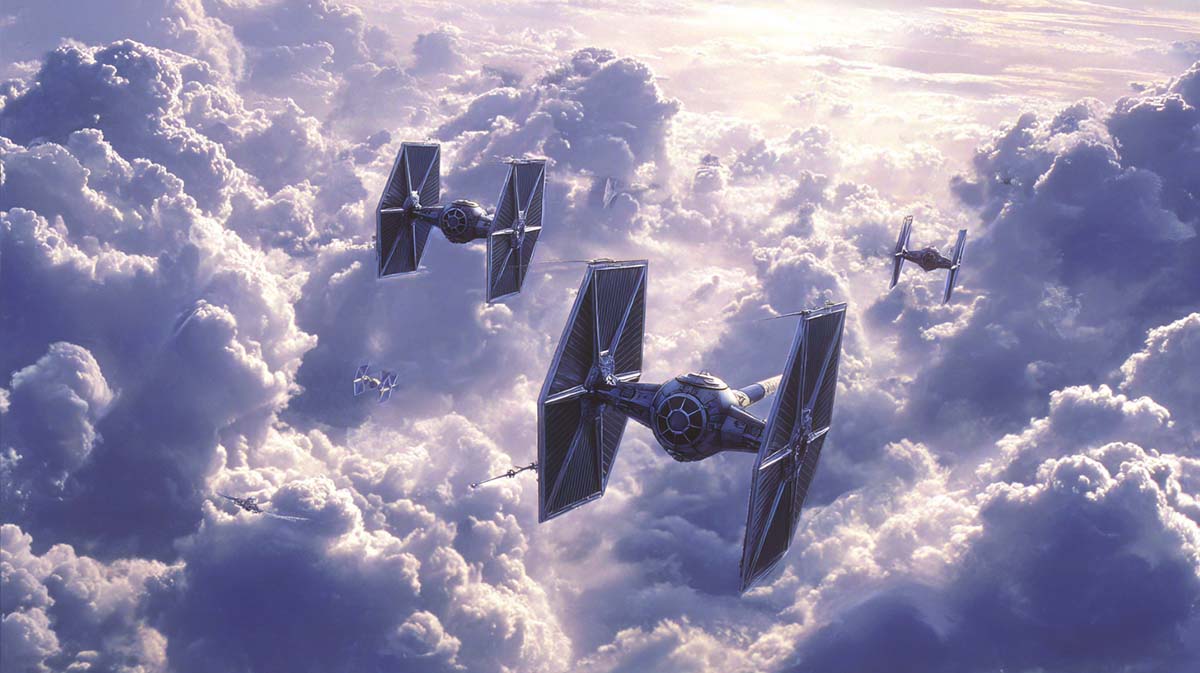
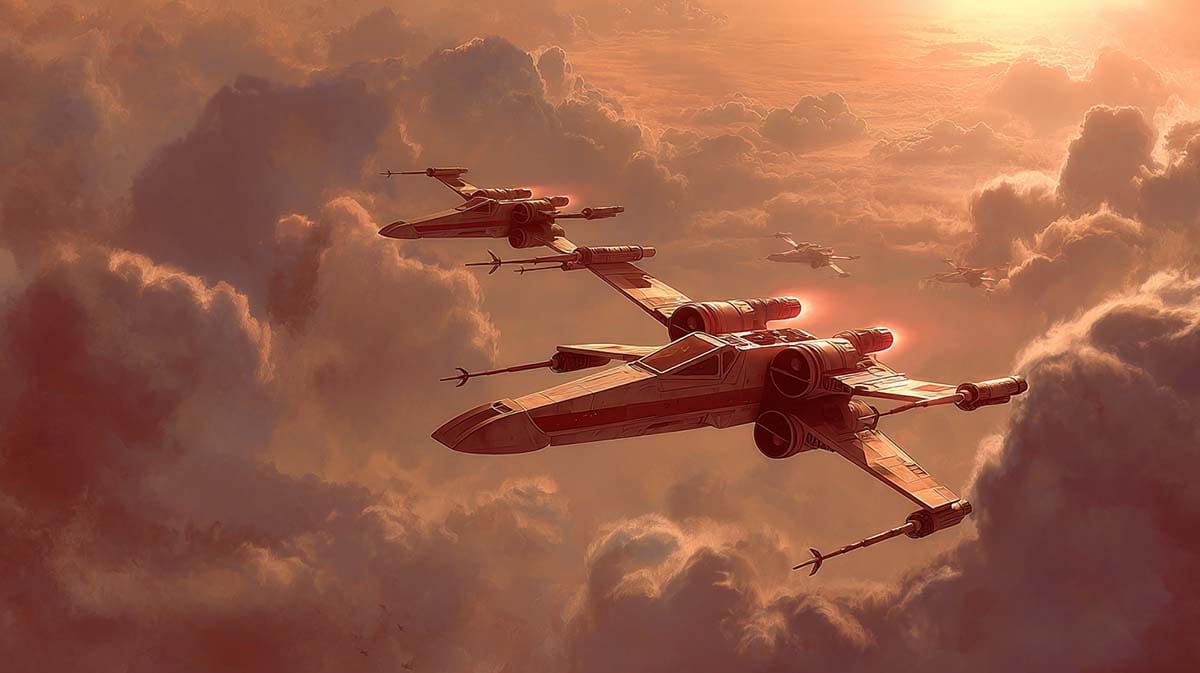
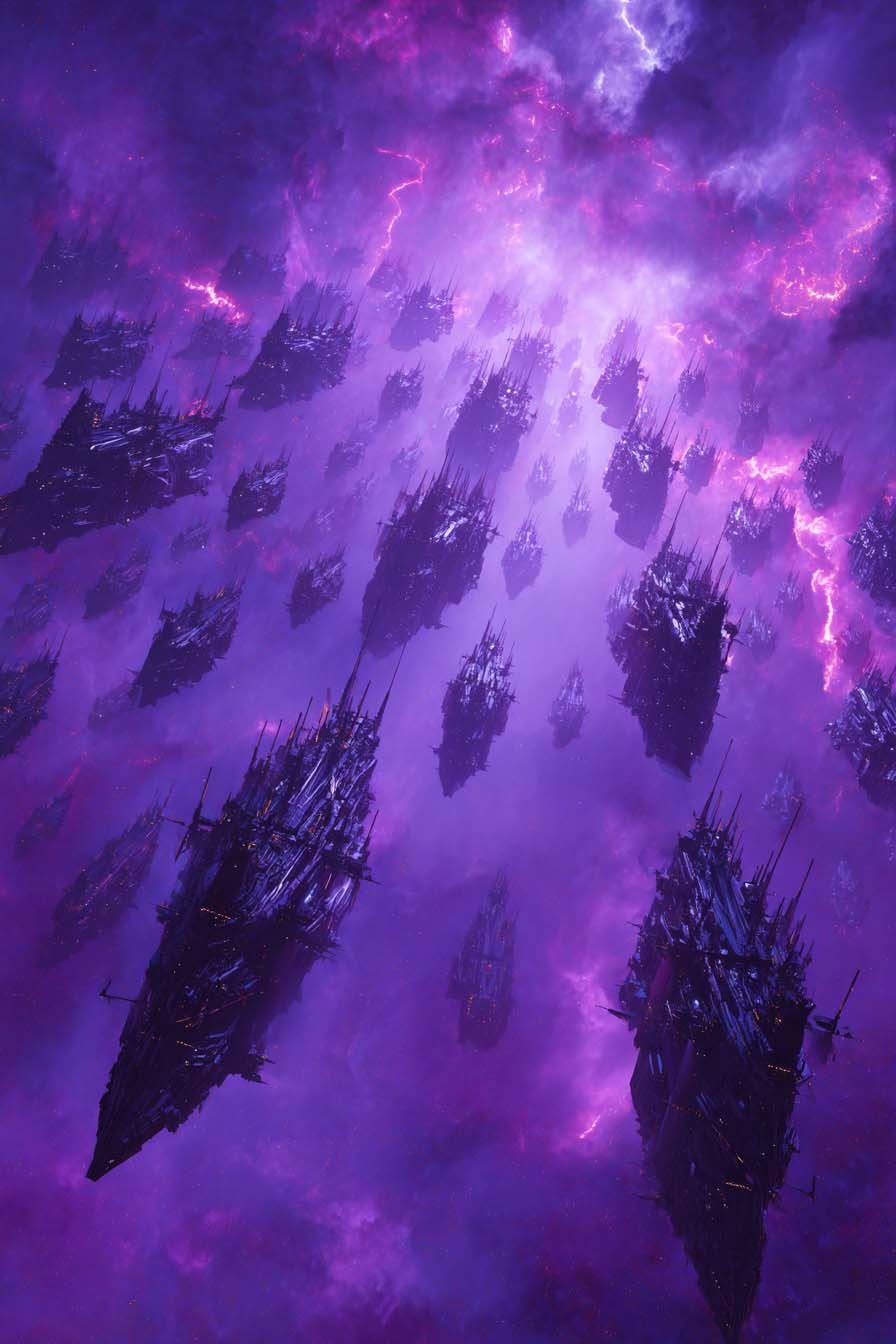
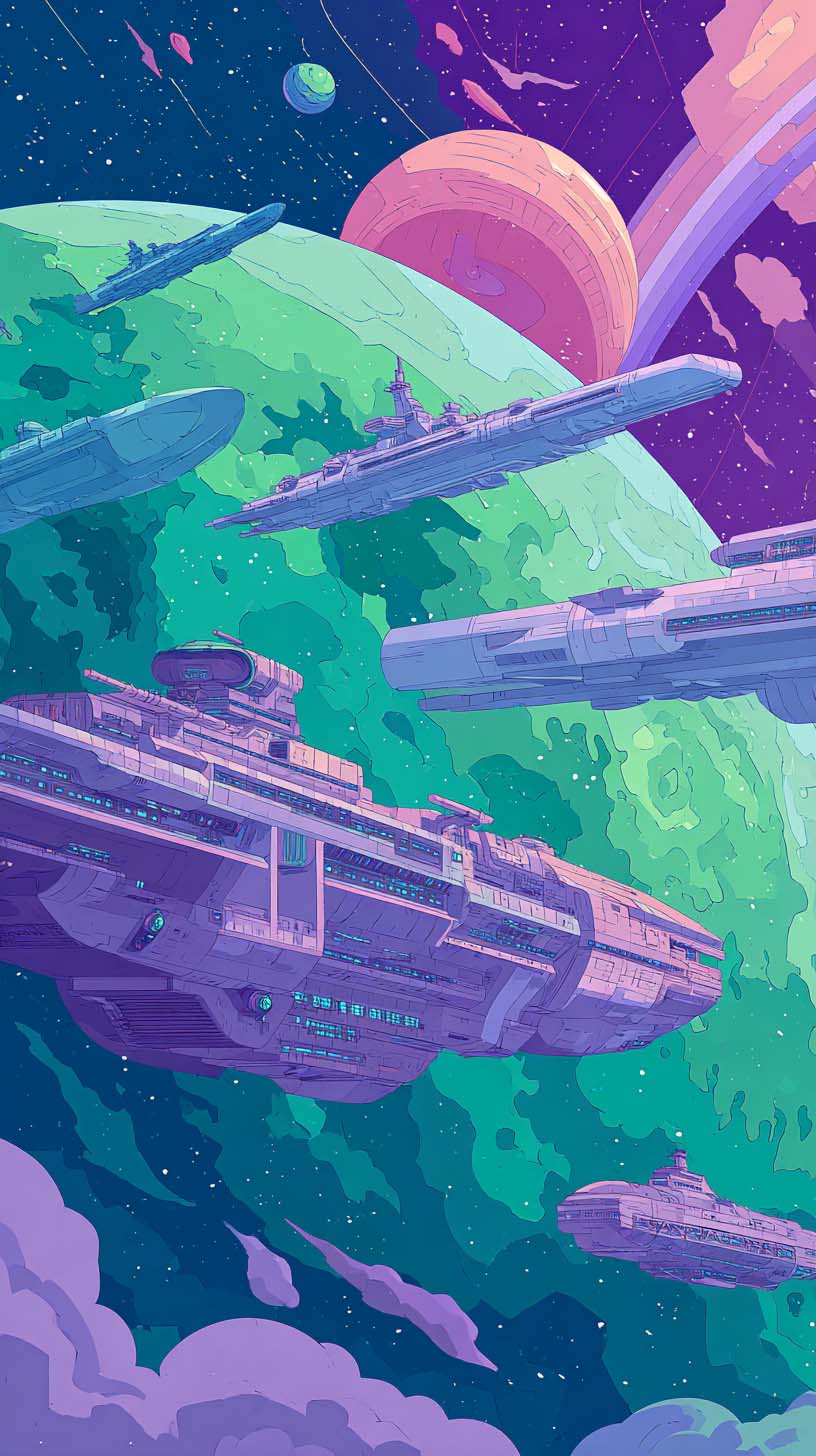
Heroism and Futility
The aesthetic's emotional core lies in contradiction. The soldier is both hero and pawn. The fleet is magnificent yet tragic. The victories are impressive but rarely final. Every triumph feels temporary, a momentary pause before the next order is issued.
This duality gives the genre its melancholy beauty. Military science fiction presents a universe where courage persists even when peace does not. The discipline of service becomes its own form of faith, holding chaos at bay one mission at a time.
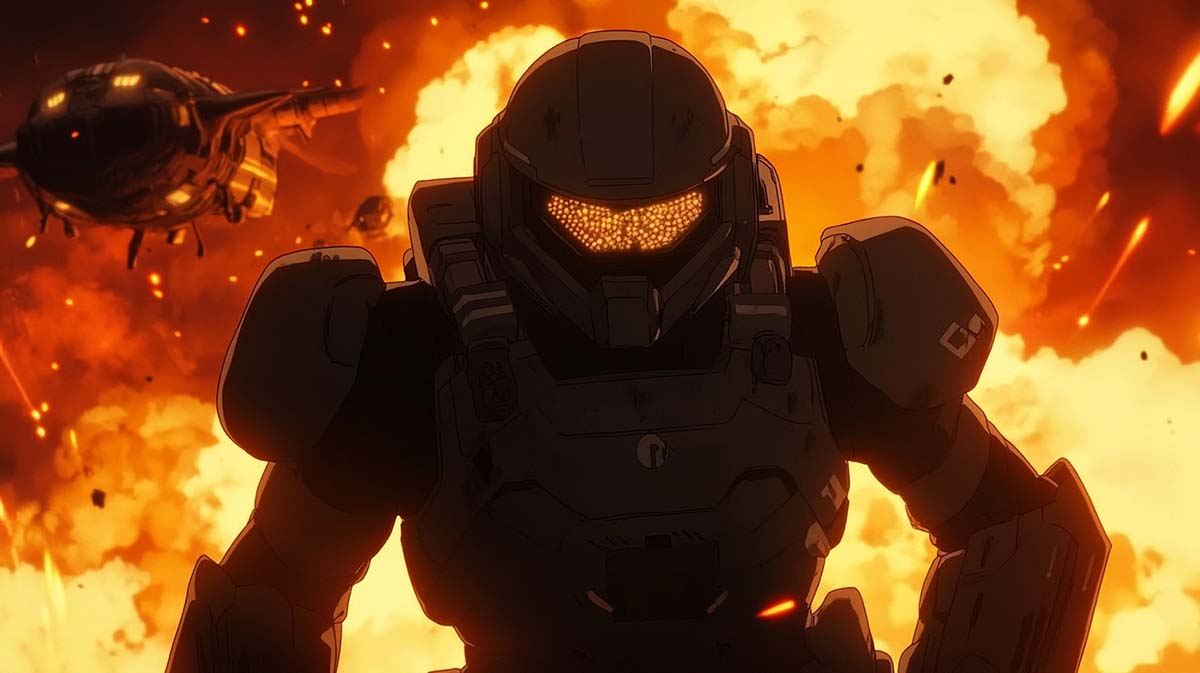
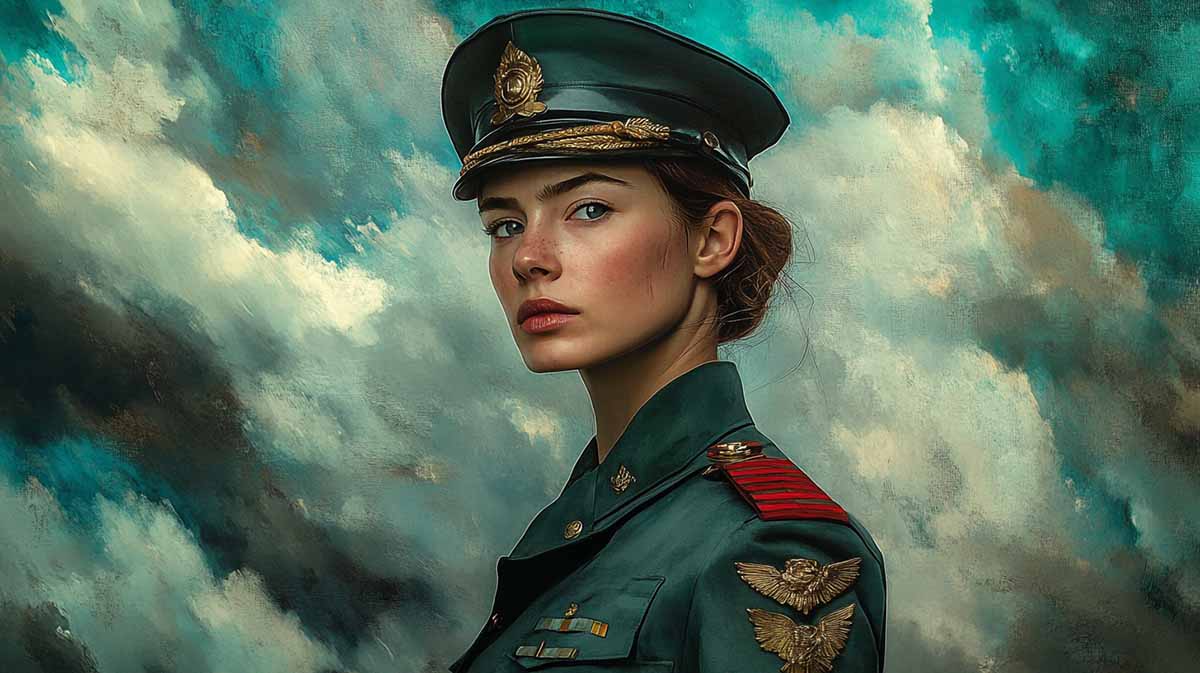

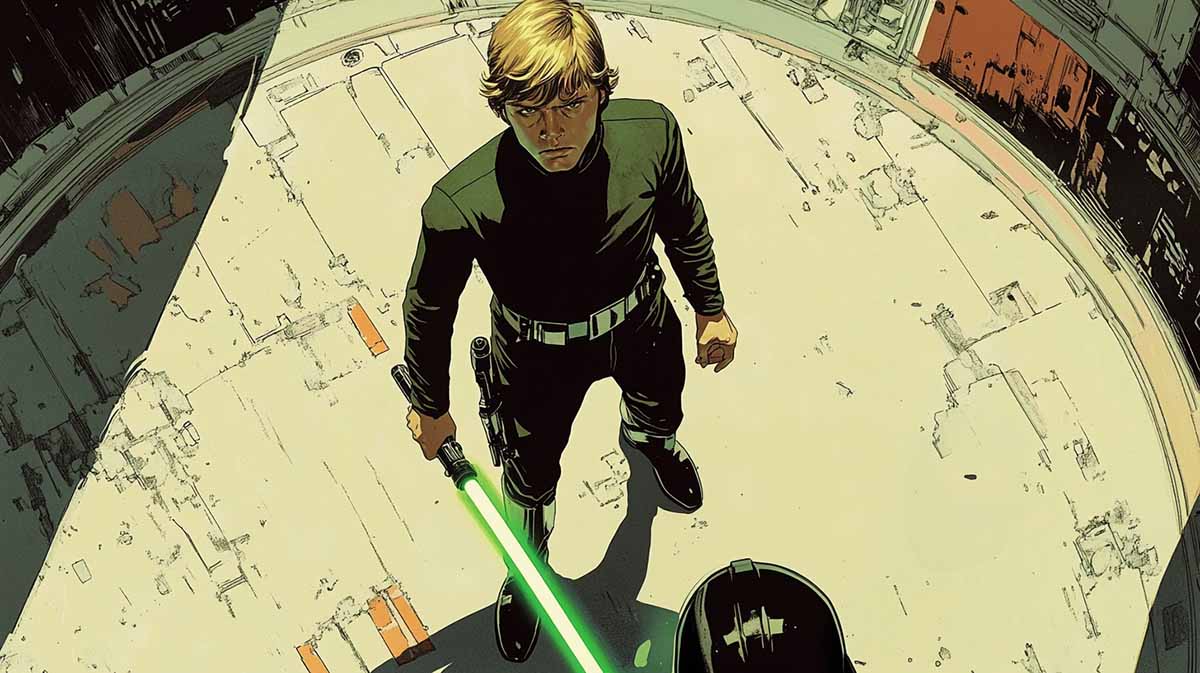
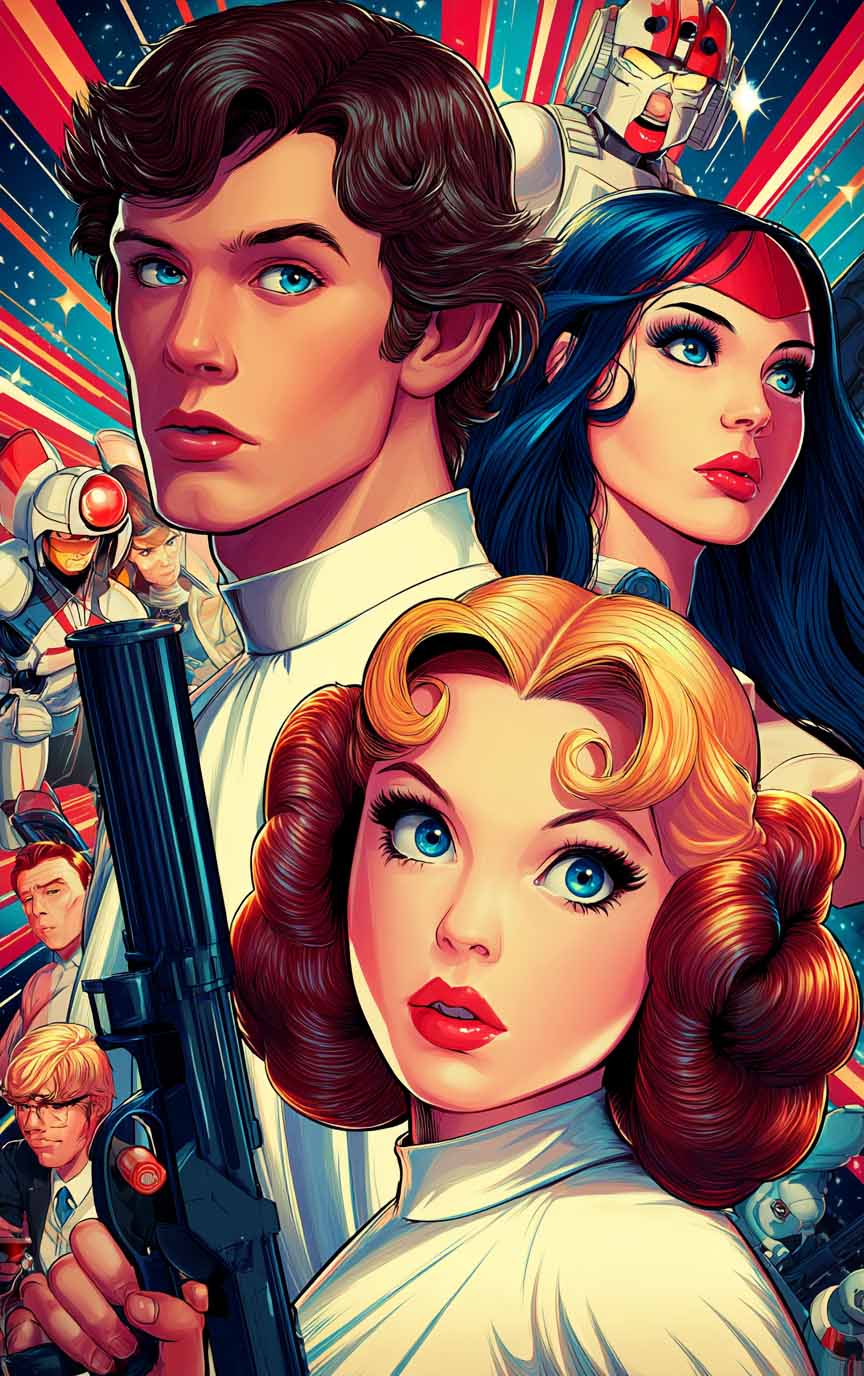
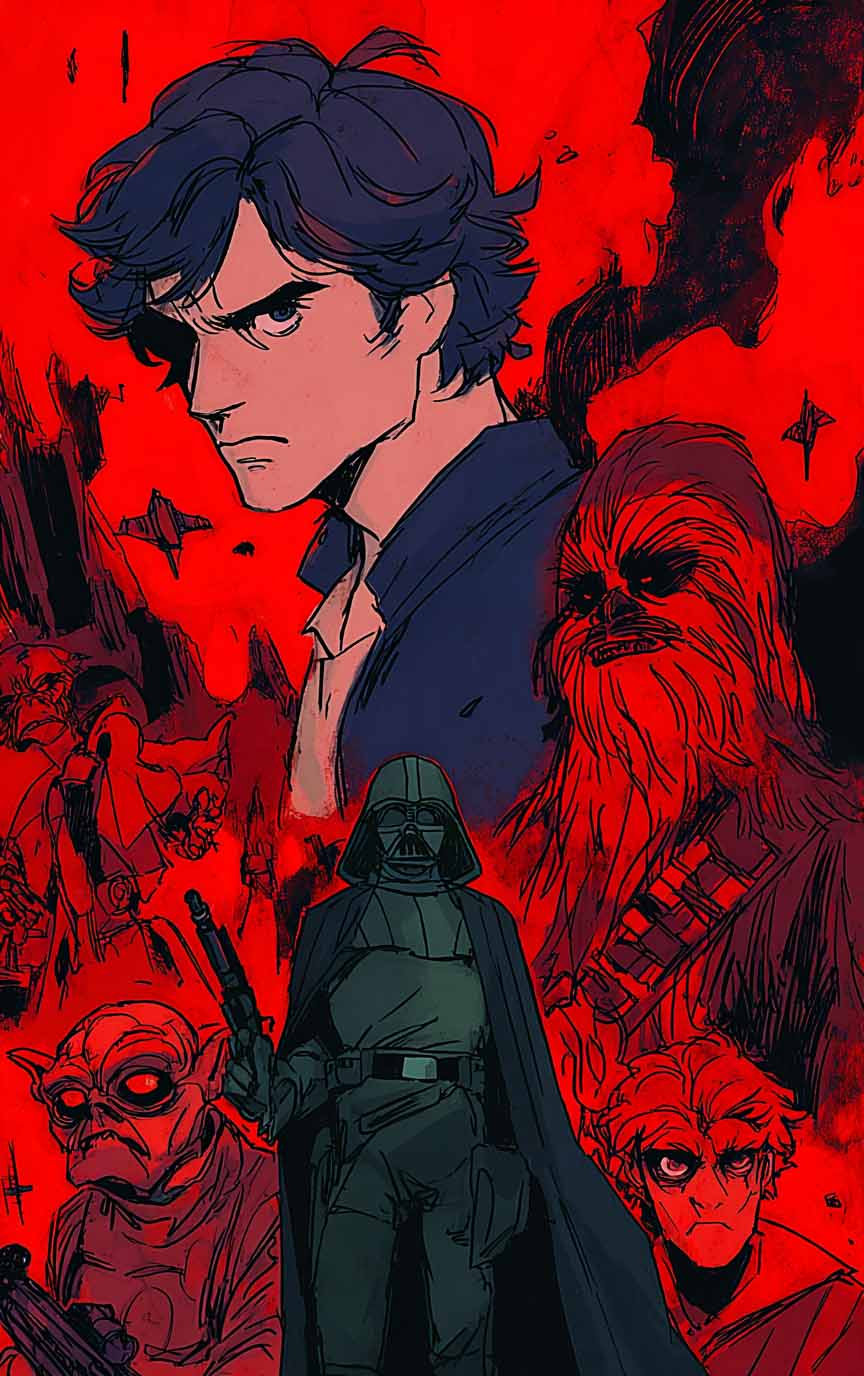
The Endless March
In the end, the military science fiction aesthetic is a mirror of humanity's need for structure in a meaningless void. It is the hum of engines, the precision of formation, the glow of red emergency lights across a steel corridor. It is the sound of boots echoing through the dark between worlds.
What makes it compelling is not the spectacle of war but the endurance of the human spirit. Amid the cold logic of machines and the anonymity of the ranks, soldiers still dream of home. That dream, more than the armor or the weapons, defines the genre's heart.

